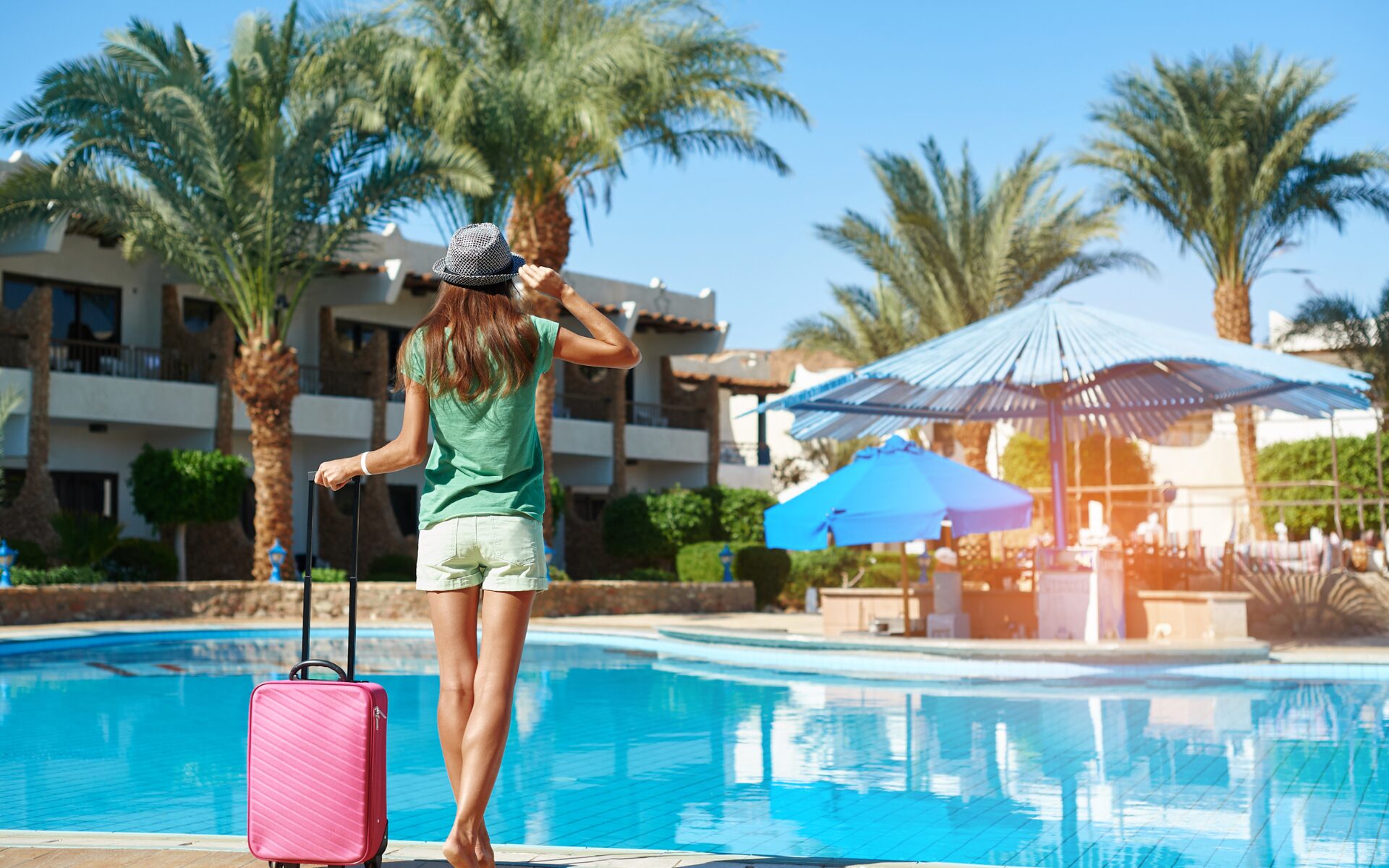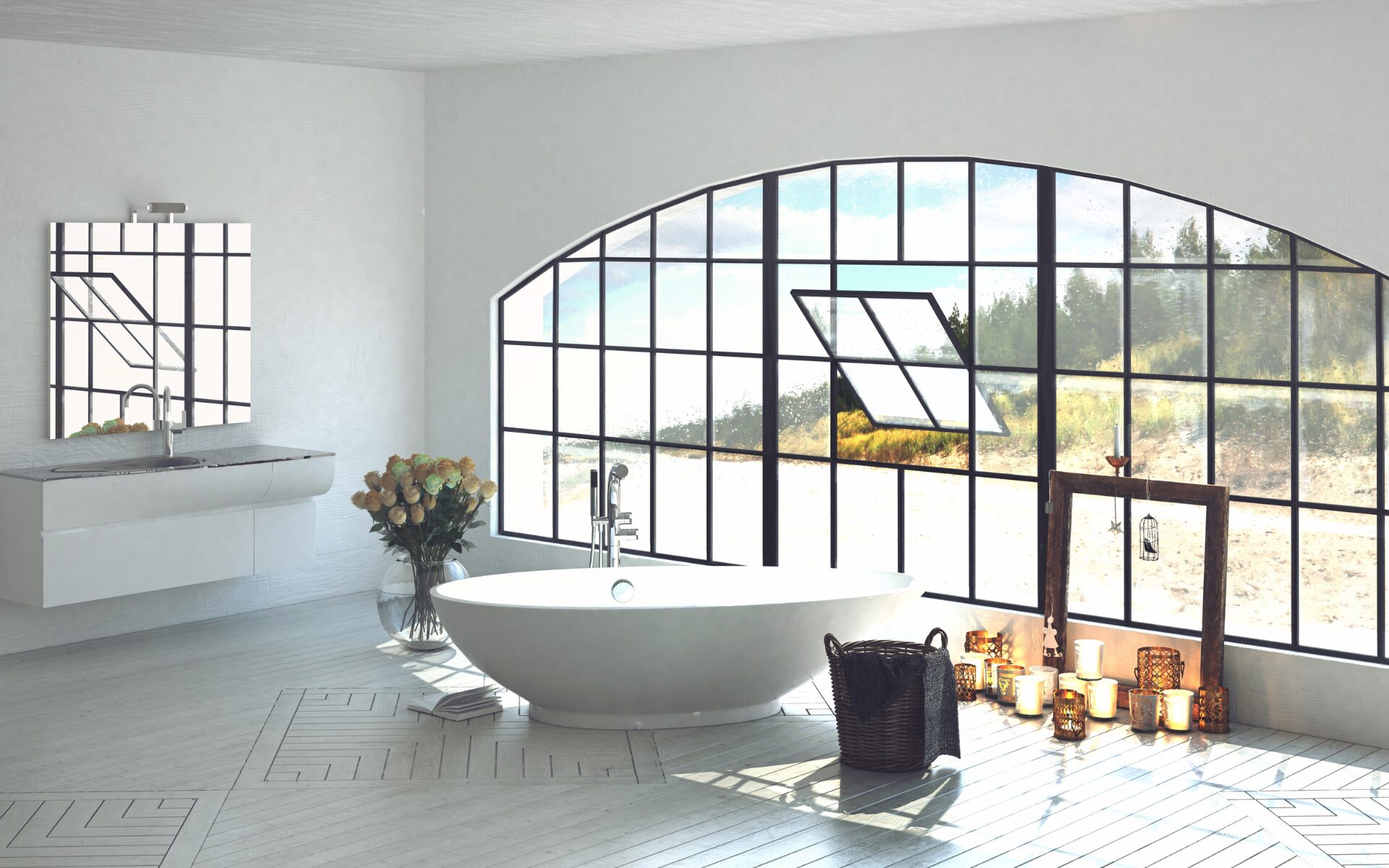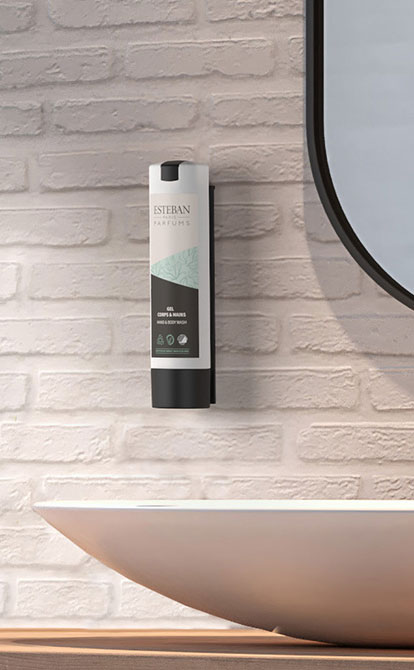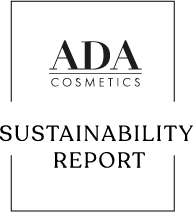Hotel Marketing – The Ultimate Guide for 2025

The hospitality industry has undergone significant changes in recent years, influenced by evolving traveler expectations, technological innovations, and heightened competition. Modern hotel marketing is no longer limited to promoting rooms but extends to creating immersive guest experiences, building strong relationships, and using data to predict and meet customer needs.
Travelers now demand personalized experiences and seamless digital interactions, compelling hotel marketers to adopt creative strategies that blend traditional hospitality values with advanced digital tools. From social media storytelling and influencer collaborations to mobile-friendly websites and AI-powered chatbots, these new approaches are transforming how hotels engage with their audience.
Navigating the ever-changing landscape of the hospitality industry requires a strategic approach to hotel advertising. This comprehensive hotel marketing guide for 2025 will equip you with an understanding of the tools, strategies, and insights needed to attract more guests, boost conversion, and create a distinguished brand in a competitive market. Whether exploring hotel advertising, developing content marketing strategies for hotels, or implementing multichannel marketing for hotels, this guide offers actionable ideas to enhance your marketing for hotel businesses.












